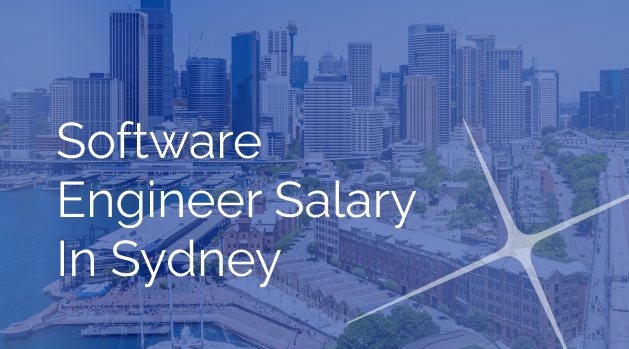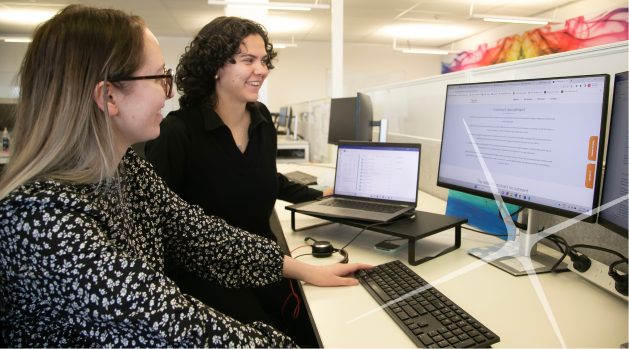
Sydney, the vibrant capital of New South Wales, is known for more than its iconic Opera House and stunning Harbour Bridge. As the technological hub of Australia, it’s no surprise that many software engineers find themselves drawn to this city. Whether you’re considering a move or just curious, understanding the software engineer salary in Sydney is essential. Let’s dive into the details.
A Snapshot of the Sydney Tech Scene
Before diving deep into the numbers, it’s crucial to get a context of the Sydney tech landscape. Home to numerous tech start-ups, international firms, and renowned institutions like the University of Sydney and the University of New South Wales, it’s a thriving environment for tech enthusiasts. With such a dynamic scene, it’s only natural that the demand for software engineers is consistently high.
The Numbers: Average Software Engineer Salary in Sydney
So, how much can a software engineer expect to earn in Sydney? On average, an entry-level software engineer can expect to earn around AUD 70,000 annually. However, as with any profession, this figure can vary greatly depending on factors such as experience, education, and the specific company.
For those with a few years under their belt, the average salary jumps to approximately AUD 90,000 to AUD 110,000. Senior software engineers, or those with significant expertise and specialized skills, can anticipate an average salary of AUD 130,000 to AUD 150,000 or even more.
Factors Affecting the Software Engineer Salary in Sydney
- Experience: As mentioned earlier, experience plays a vital role in determining salary. With each year of experience, a software engineer can expect a rise in their salary, especially if they’ve consistently demonstrated exceptional skills and contributed significantly to projects.
- Education: Holding a master’s degree or certifications in specialized areas can give you an edge in terms of salary. Companies often value these additional qualifications and are willing to pay a premium for the enhanced knowledge and expertise they bring.
- Company Size & Reputation: Renowned tech giants or international firms might offer a higher salary than startups. However, it’s essential to remember that working for startups can provide other non-monetary benefits like stock options, flexible working conditions, and a dynamic work environment.
- Specialized Skills: In the realm of technology, staying updated with the latest languages and techniques is essential. Those proficient in high-demand languages and technologies often find themselves with higher salary offers.
Additional Benefits
While the base salary is essential, it’s also crucial to consider other benefits when evaluating an offer or current position. Many companies in Sydney offer:
- Superannuation: This is a pension program in Australia. Most employers will contribute an additional 11% (or more) of your salary into a superannuation fund, which can significantly boost your effective salary.
- Stock Options: Especially common in tech start-ups, stock options can be a lucrative addition to your compensation package.
- Professional Development: Many companies invest in their employees’ growth by sponsoring certifications, courses, and conferences.
- Flexible Work Arrangements: As the world shifts towards remote work, many companies offer flexible working hours or the option to work from home, enhancing work-life balance.
The software engineer salary in Sydney is competitive, reflecting the city’s standing as a leading tech hub in the Asia-Pacific region. While the figures provide an estimate, it’s essential to factor in individual circumstances and the broader benefits package when assessing the value of a role.
Lastly, while Sydney offers numerous opportunities, the cost of living is also relatively high. It’s vital to balance the attractive salary with living expenses to get a comprehensive view. Whether you’re just starting or a seasoned pro, Sydney’s tech scene has something for everyone.
Disclaimer: The salary ranges and data presented in this article are based on average values and can vary depending on individual circumstances and market fluctuations.

Leave a Comment
We’d love to hear from you! Share your thoughts or ask a question in the form below.